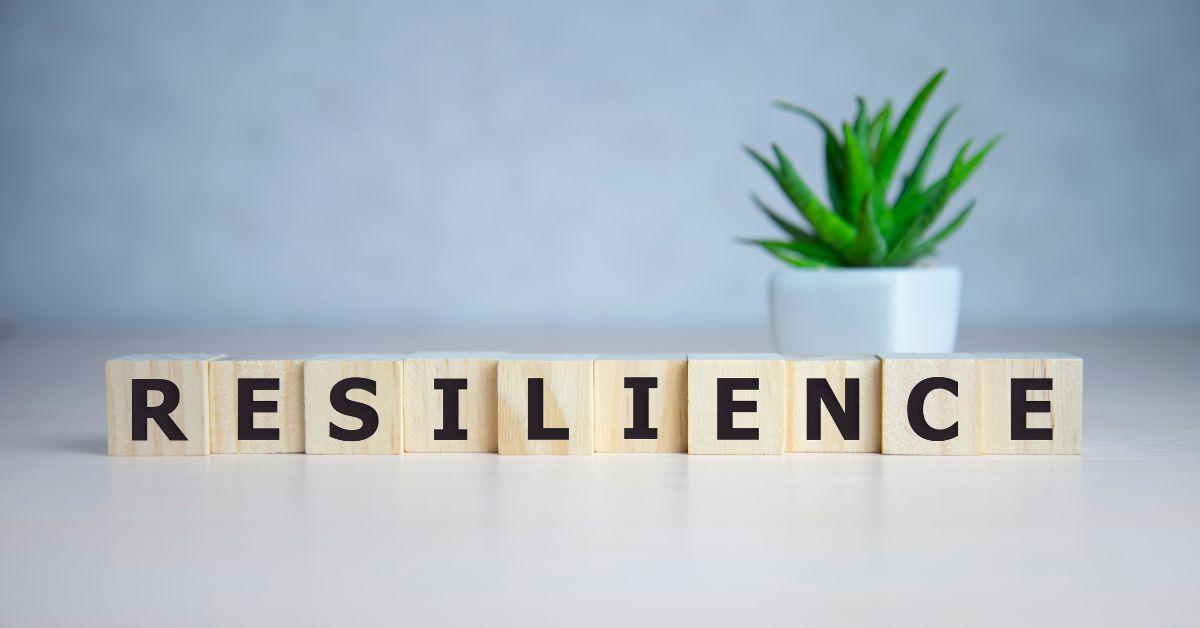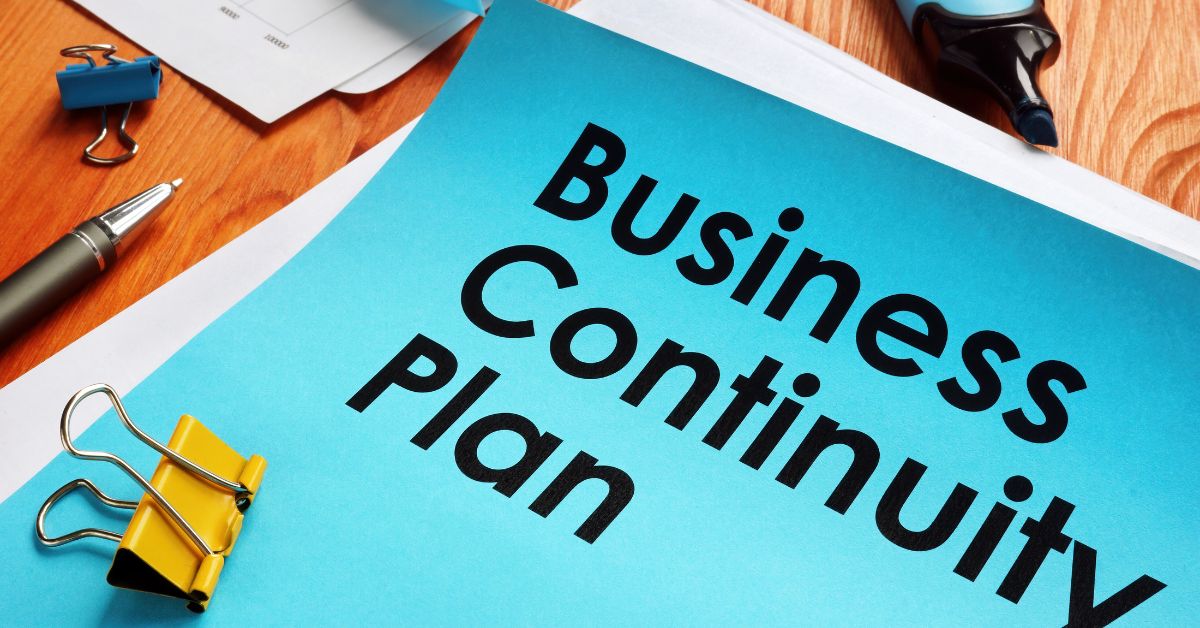Notifications

4 minutes, 50 seconds
-46 Views 0 Comments 0 Likes 0 Reviews

Unexpected disruptions can stop daily operations in any business. These disruptions can include
Many businesses struggle to act because they do not have a clear strategy. Businesses that are not prepared to suffer the most when disruption happens. A single event can harm your reputation and use up resources that took years to build.
That is the point where business resilience starts to matter. Business resilience decides how well a company prepares for sudden events and how quickly it can adapt.
What Is Business Resilience?

Business resilience is the ability to help an organization move forward during disruptions. It also helps the organization adapt to new challenges quickly. It includes protecting people and assets and continuing business operations at the same time. Companies that plan for resilience can perform at steady levels even when outside events create pressure.
True resilience is not just about fixing problems when they happen. It includes taking early steps that reduce risk and make the response easier when something goes wrong. These steps may include changing suppliers or building flexible work systems.
How Business Continuity Fits In?
Business continuity is an important part of building resilience as it includes the strategies and systems that allow a business to keep going during a crisis. A prepared business can continue its main services with little downtime if the problem is a cyberattack or a supply chain issue.
A continuity of operations plan explains the steps that a company will follow to stay open. These steps can include backup systems or ways to communicate or use alternate workspaces. This plan helps teams work with confidence during any emergency because it gives clear directions.
What Is Disaster Recovery?
Disaster recovery is a smaller part of business continuity. It focuses on how a company brings back important systems after a problem. If any system goes down or if data is lost, disaster recovery helps bring it back quickly so that daily work can restart. This might include restoring servers, recovering data, or fixing communication tools that are needed to run the business.
How Business Resilience Is Different?
Business continuity helps you keep running when disruption happens. Business resilience goes further because it helps you grow stronger after a crisis. A resilient company does not just survive a problem but also adjusts its strategy and finds new ways to move forward. It can change how products are delivered, support remote work, or reach out to new customer groups.
Getting support from a business continuity consultancy is helpful at this point. These experts can find weak areas in your plan and create strategies that are strong and flexible. These strategies help your business stay strong in the long term and not just during a short crisis.
Why Business Resilience Matters?

Every business faces risk. You might deal with power failures, security threats, or a drop in the economy. The most important thing is how your company responds when that risk becomes real.
Business resilience gives you the strength to keep going when others stop. It helps you meet customer needs even when your staff works from home or when materials are hard to find. It also protects your brand by showing that your company can be trusted under pressure.
Many businesses now work with professionals like the team at Business Contingency Group because they want stronger resilience. These professionals can help you protect your business and guide it through any disruption with a smart and tested plan.
#Business Contingency Group #Disaster Management #Risk Management

